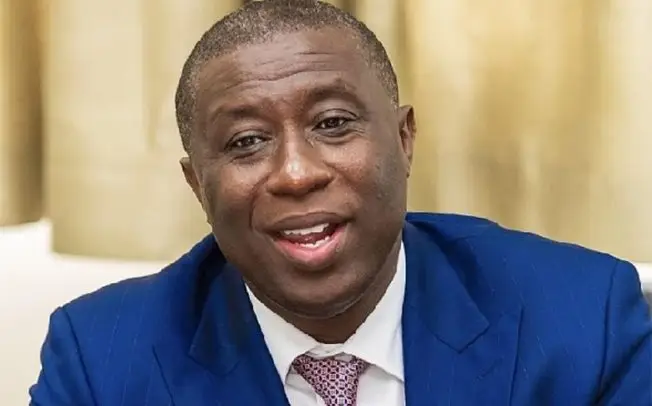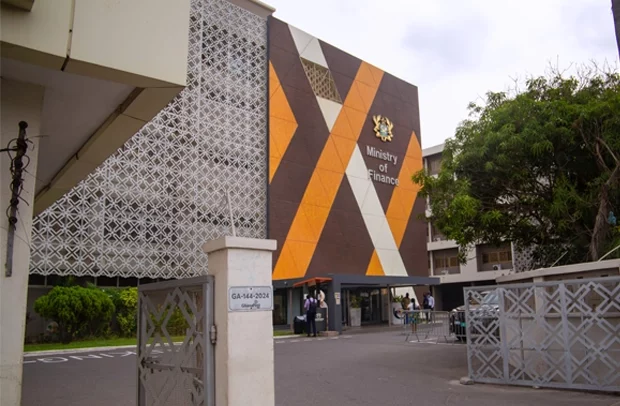
By Ben BRAKO
Despite centuries of struggle for emancipation, many Africans and people of African descent in the diaspora remain unknowingly tethered to colonial mentalities.
This psychological residue of imperial domination manifests subtly—often disguised as modernity, sophistication, or global citizenship.
Yet beneath these veneers lies a compromised sense of identity, one that undermines cultural authenticity and economic sovereignty.
This article seeks to illuminate the less obvious characteristics of colonial conditioning and urges Africans to reawaken to their heritage, redefine their cultural expressions, and reclaim their economic agency.
The Invisible Chains: What Is Colonial Mentality?
Colonial mentality refers to the internalized belief that foreign—especially Western—cultures, values, and products are superior to indigenous ones. It is a psychological condition born from centuries of cultural subjugation, where the colonized begin to emulate the colonizer, often unconsciously.
While overt colonial rule may have ended, its mental architecture persists. Today, it is reinforced through media, education, religion, fashion, naming practices, and consumer behavior.
Subtle Signs of a Colonized Mind
Here are some characteristics that often go unnoticed but reveal the lingering effects of colonial conditioning:
Western Attire as Default Identity
- Wearing suits for portraits, social media display pictures (DPs), or even traditional ceremonies.
- Associating Western dress codes with professionalism, respectability, or elegance—even in contexts where indigenous attire would be more appropriate and meaningful.
Even the notion that Western clothing is more “appropriate” for work is a false premise. African traditional attire includes subtle, elegant designs that suit conservative business environments. The idea of “Casual Fridays” where traditional wear is permitted is backward—it should be the opposite. Western attire, if necessary, should be reserved for Fridays, while African dress should dominate the workweek.
Imported Wedding Ceremonies
- Choosing Western-style weddings over traditional African rites.
- Importing foreign customs, foods, and decorations that benefit external economies while sidelining local artisans and producers.
- Hair and Skin Alteration Practices
- Skin bleaching to attain Eurocentric beauty standards.
- Hair straightening, wigs, and weaves that mimic non-African textures, often at the expense of embracing natural African hair.
Home Décor and Personal Life Choices
- Decorating homes with European-style furniture, art, and motifs.
- Neglecting indigenous aesthetics, crafts, and symbolism that reflect African heritage and worldview.
This extends beyond public life. Even in private spaces—our homes—we often unconsciously replicate foreign ideals. From the clothes we wear at home to the art on our walls, we must ask: are these expressions of our true selves or echoes of colonial influence?
Language and Accent Bias
- Prioritizing English, French, or Portuguese over native languages.
- Valuing foreign accents as markers of intelligence or class, while ridiculing indigenous speech patterns.
Consumer Behavior
- Favoring imported goods over locally made products.
- Associating foreign brands with quality and prestige, even when local alternatives are superior or more sustainable.
Educational and Religious Institutions
- Emulating Western curricula that marginalize African history, philosophy, and spirituality.
- Practicing religions in ways that erase or demonize indigenous beliefs and rituals.
Social Media and Influencer Culture
- African influencers modeling their content, aesthetics, and lifestyles after Western celebrities.
- Promoting foreign products and ideals to millions of followers, inadvertently reinforcing colonial hierarchies.
Naming Practices
- Using European or foreign names as primary identifiers.
- Feeling compelled to introduce oneself with a Western name to gain acceptance or avoid discomfort.
Names carry history, meaning, and spiritual resonance. To bear an indigenous name is to carry the legacy of one’s ancestors, community, and cultural identity. Yet many Africans continue to use colonial names—either given at birth or adopted later—while passing them on to their children.
One of the saddest spectacles is an African introducing themselves to a European or American using a name that lacks cultural depth, often chosen for ease or assimilation. These names, devoid of ancestral meaning, become pet names—stripped of history and pride.
We must reverse this trend. Even those who were given foreign names can choose to give their children African names, rich with meaning and heritage. And more importantly, we must teach our children to be proud of their names, to speak them boldly, and to understand the stories they carry.
The Economic Cost of Cultural Displacement
Every time an African chooses a foreign product over a local one—be it clothing, food, or art—they contribute to the erosion of their domestic economy. This behavior:
- Undermines local industries and artisans.
- Increases dependency on imports.
- Channels wealth away from African communities into foreign corporations.
For example, a Western-style wedding may require imported gowns, champagne, décor, and even music. These choices not only dilute cultural authenticity but also divert economic opportunities from local designers, caterers, and musicians.
The Herbal Medicine Paradox
One of the most glaring examples of colonial mentality is our attitude toward traditional medicine. For centuries, African communities relied on herbal remedies derived from nature—plants, roots, and minerals that sustained health long before colonization.
Today, many Africans shun these remedies in favor of synthetic Western pharmaceuticals. These pills, often designed for profit and disease management rather than healing, dominate our pharmacies and hospitals.
Meanwhile, cultures like the Chinese, Indians, and Pakistanis have globalized their traditional medicine systems—Ayurveda, Traditional Chinese Medicine, Unani—and built billion-dollar industries around them. Africa, with its rich biodiversity and ancestral knowledge, has the potential to do the same. But first, we must believe in the value of our own healing traditions.
Reclaiming Cultural Identity: A Call to Consciousness
To reverse this trend, Africans must embark on a journey of cultural reawakening. This begins with:
Cultural Self-Definition
- Define oneself first as culturally African.
- Embrace indigenous languages, attire, names, and customs as primary expressions of identity.
Selective Adaptation
- Adopt foreign practices only when necessary and beneficial—not as default or aspirational.
- Ensure that adaptations do not compromise cultural integrity or economic autonomy.
Support Local Economies
- Choose locally made products and services.
- Celebrate and promote African craftsmanship, fashion, and cuisine.
Revive Indigenous Knowledge Systems
- Integrate African philosophies, governance models, and spiritual practices into education and public discourse.
- Document and disseminate ancestral wisdom through multimedia, literature, and community engagement.
Challenge Media Narratives
- Create and support media that reflect African realities, aesthetics, and aspirations.
- Resist the glamorization of foreign lifestyles that perpetuate inferiority complexes.
The Diaspora’s Role in Cultural Renewal
Africans in the diaspora have a unique responsibility. As cultural ambassadors, their choices influence perceptions and practices back home. When they embrace African identity with pride and authenticity, they:
- Inspire others to do the same.
- Create demand for African products and narratives.
- Build bridges for cultural and economic exchange.
However, when they model foreign ideals, they become unwitting agents of cultural erasure and economic exploitation.
Toward a New African Consciousness
The journey to decolonize the African mind is not about rejecting all foreign influences. It is about restoring balance, reclaiming agency, and honoring heritage. It is about asking:
- Who benefits from my choices?
- What do my practices say about my identity?
- How can I uplift my community through conscious living?
By answering these questions, Africans can begin to dismantle the invisible chains of colonial mentality and forge a future rooted in pride, authenticity, and self-determination.
The post Reclaiming the African mind: Unmasking the subtle signs of colonial mentality appeared first on The Business & Financial Times.
Read Full Story
















Facebook
Twitter
Pinterest
Instagram
Google+
YouTube
LinkedIn
RSS